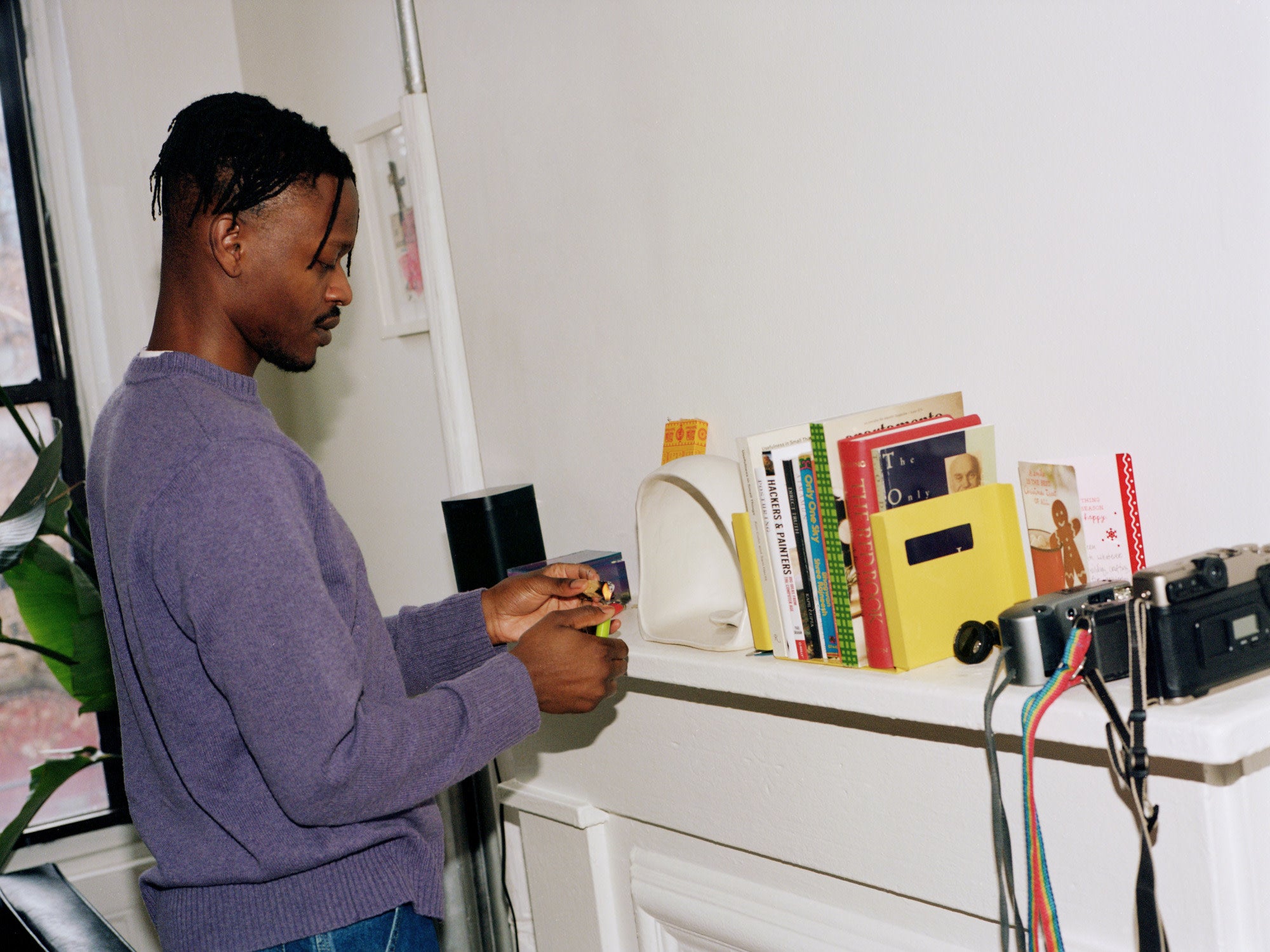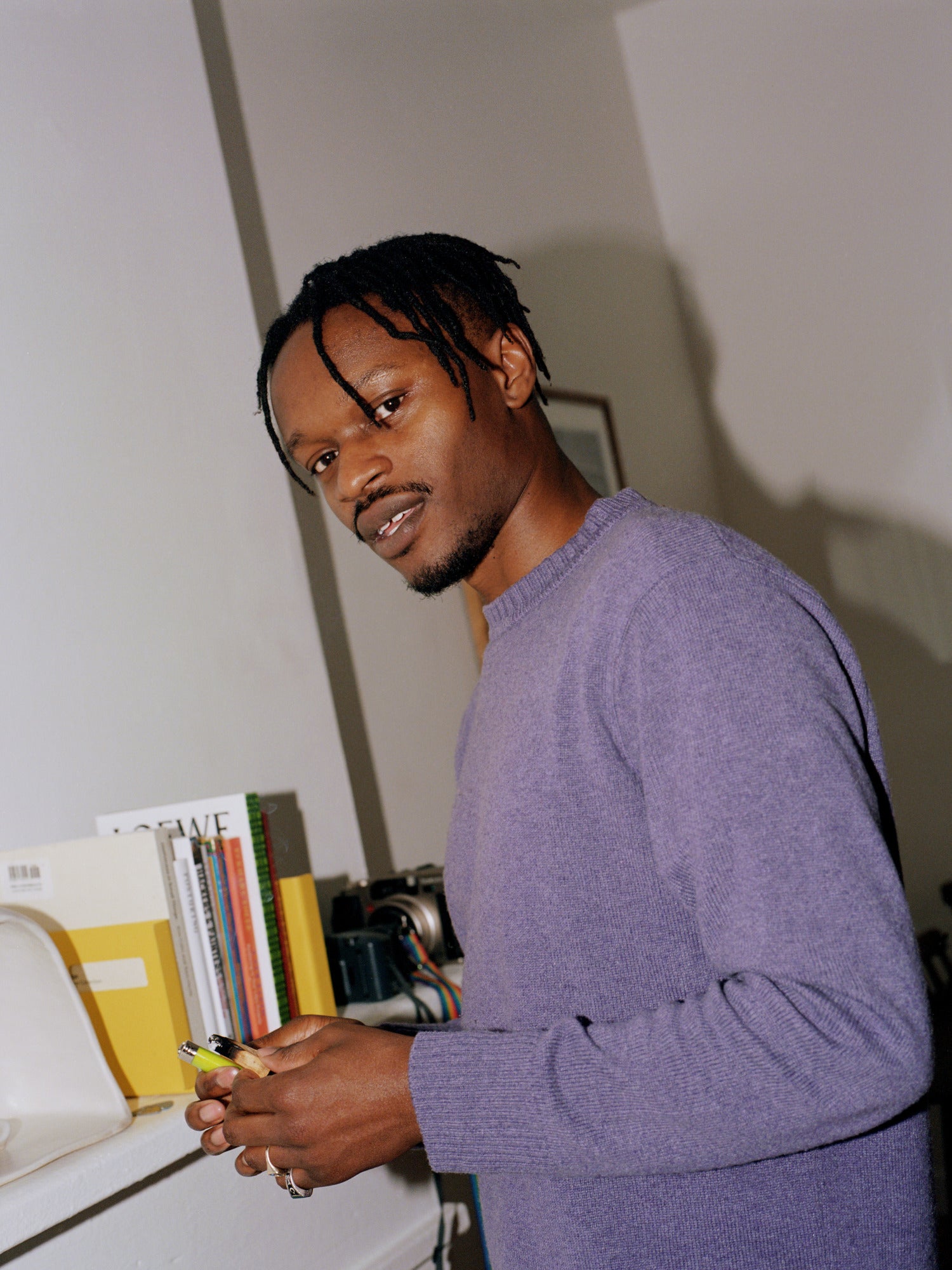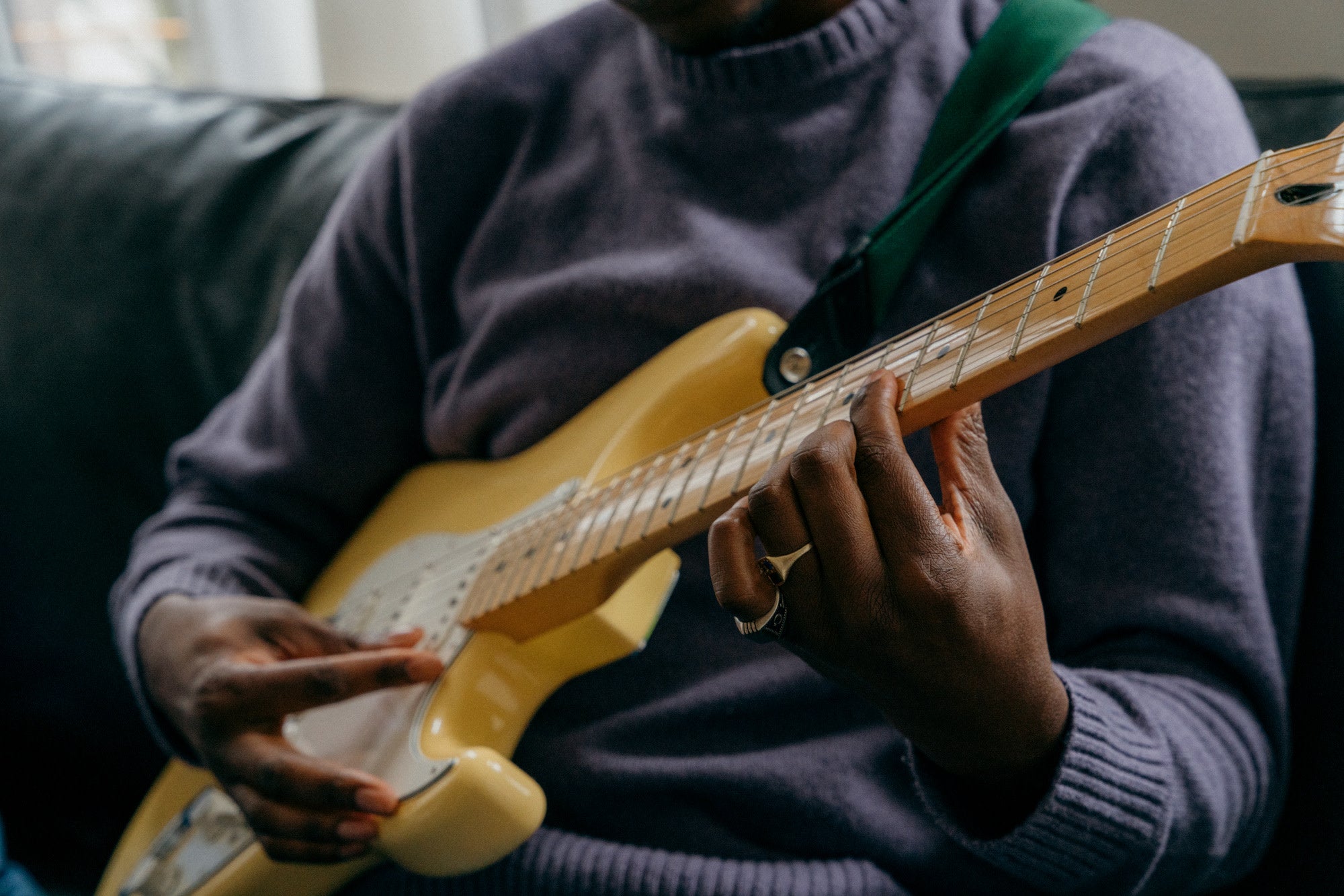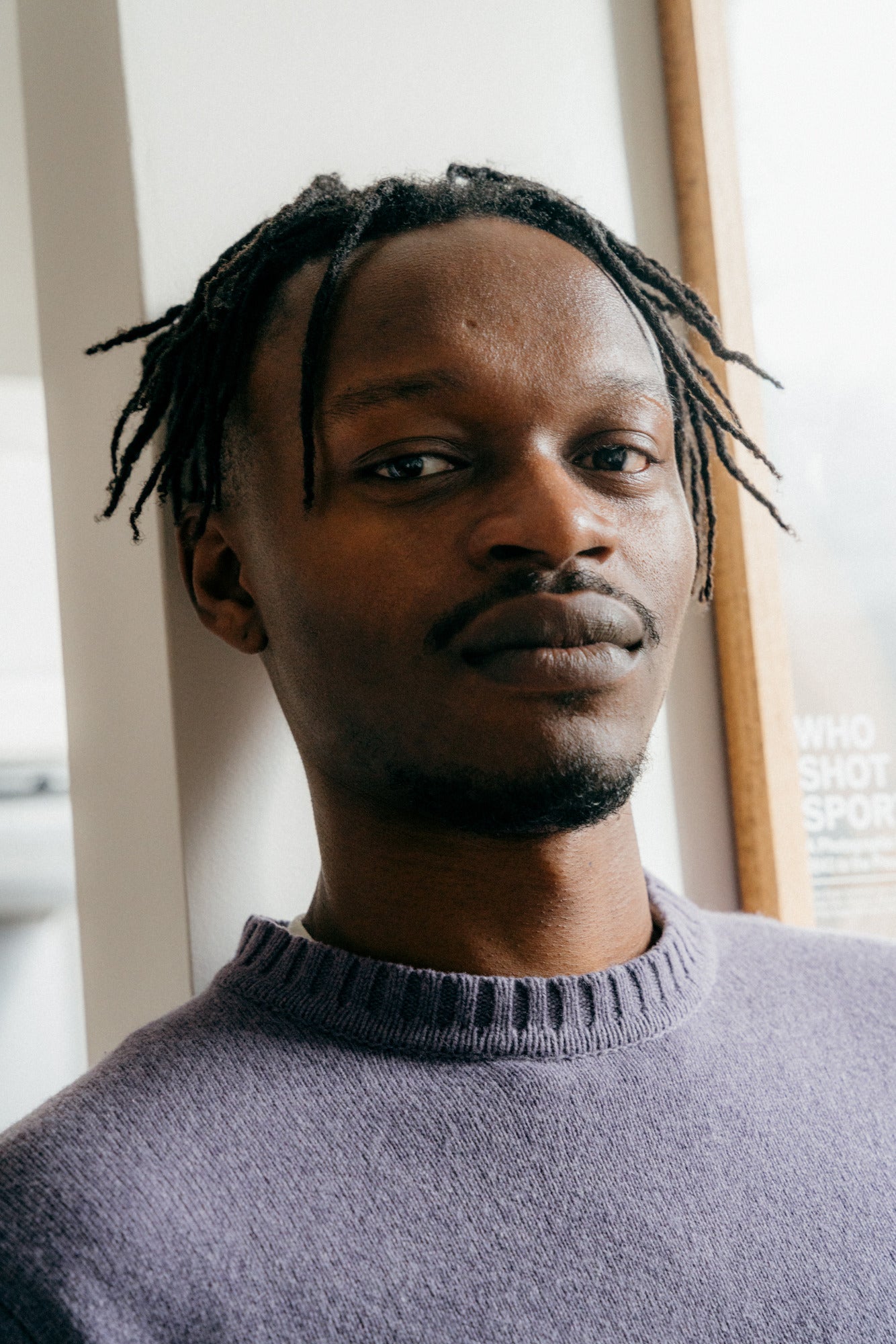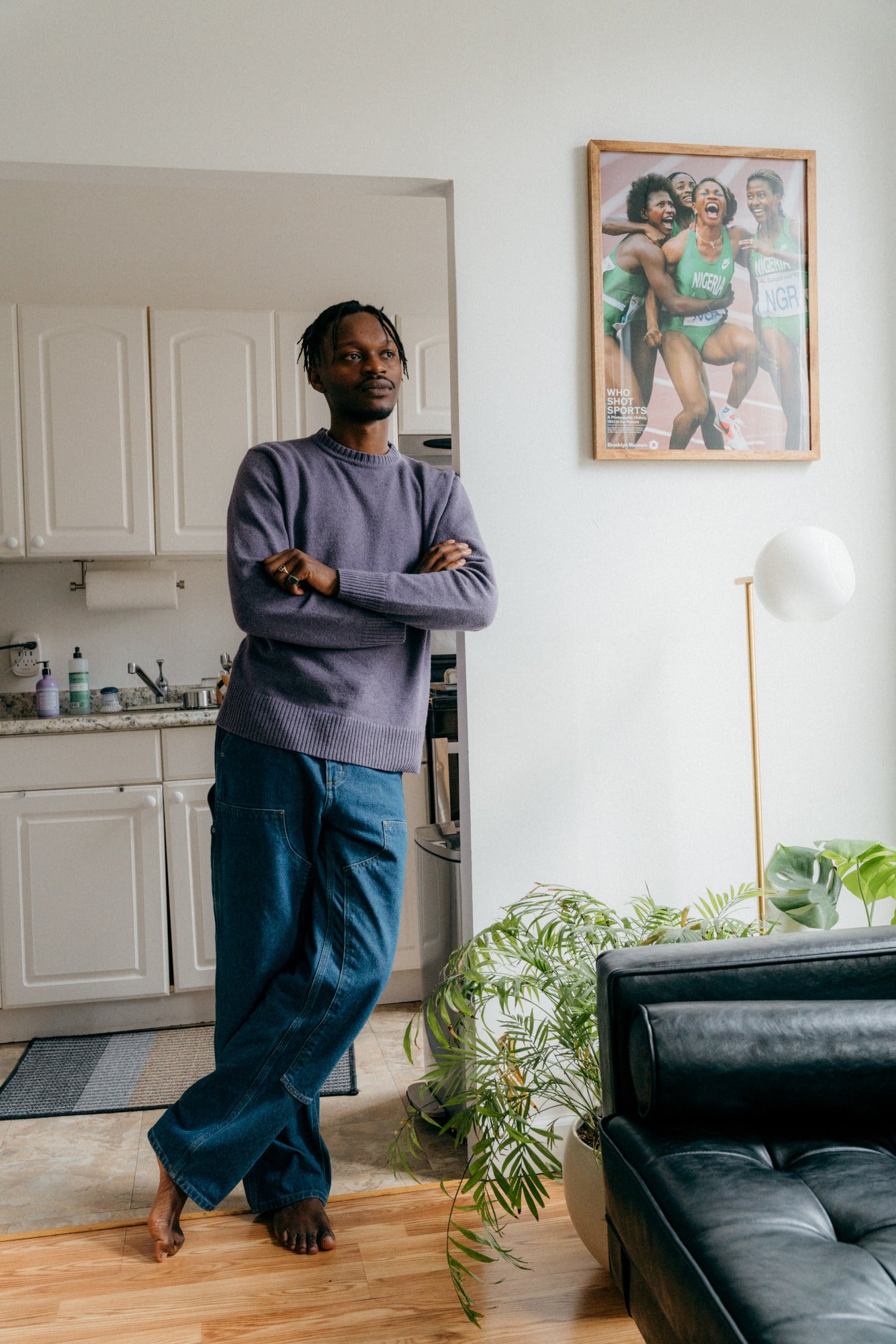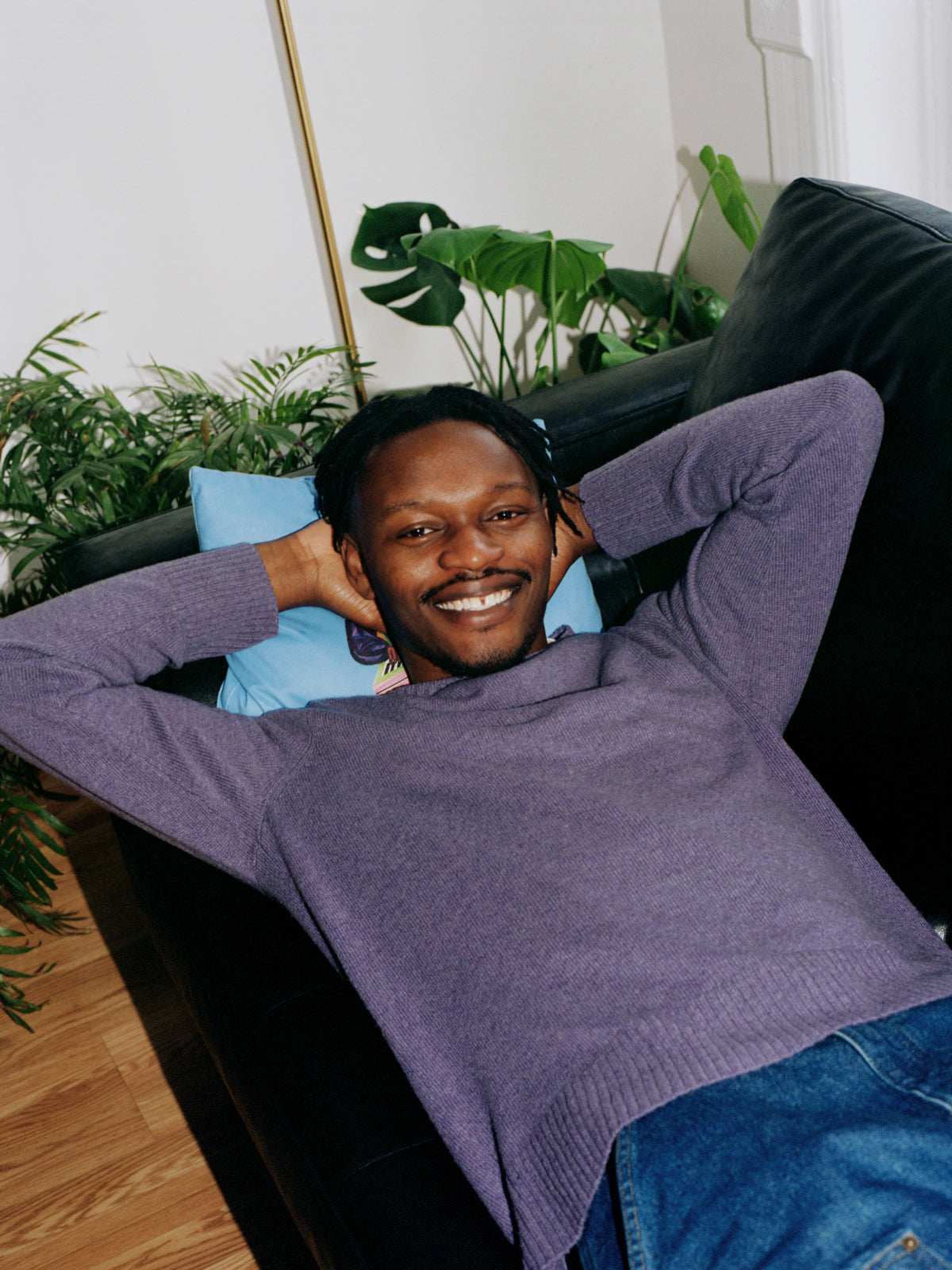
The artist on straddling two worlds, walking in L.A., and the power of cereal.
AS TOLD TO GOSSAMER
Theo’s art is featured in Gossamer Volume Six: the Garbage issue, which you can order here.
My love for walking came from my grandmother.
She wasn’t my birth grandma, but she was someone who I met when I was young. Her name was Myra, and when my parents were working or busy, she would take care of my sister and I. My mother met her through church, and she was truly like a grandmother to us because our actual grandmother was in Nigeria.
Myra was an incredible older Irish woman who thought cartoons were the devil and never had a TV at her house. But we’d have such a ball because she played music and taught us watercolor and painting. A lot of exchange students from Japan who went to Brown would stay at her house. They’d sketch us, and we’d sketch them.

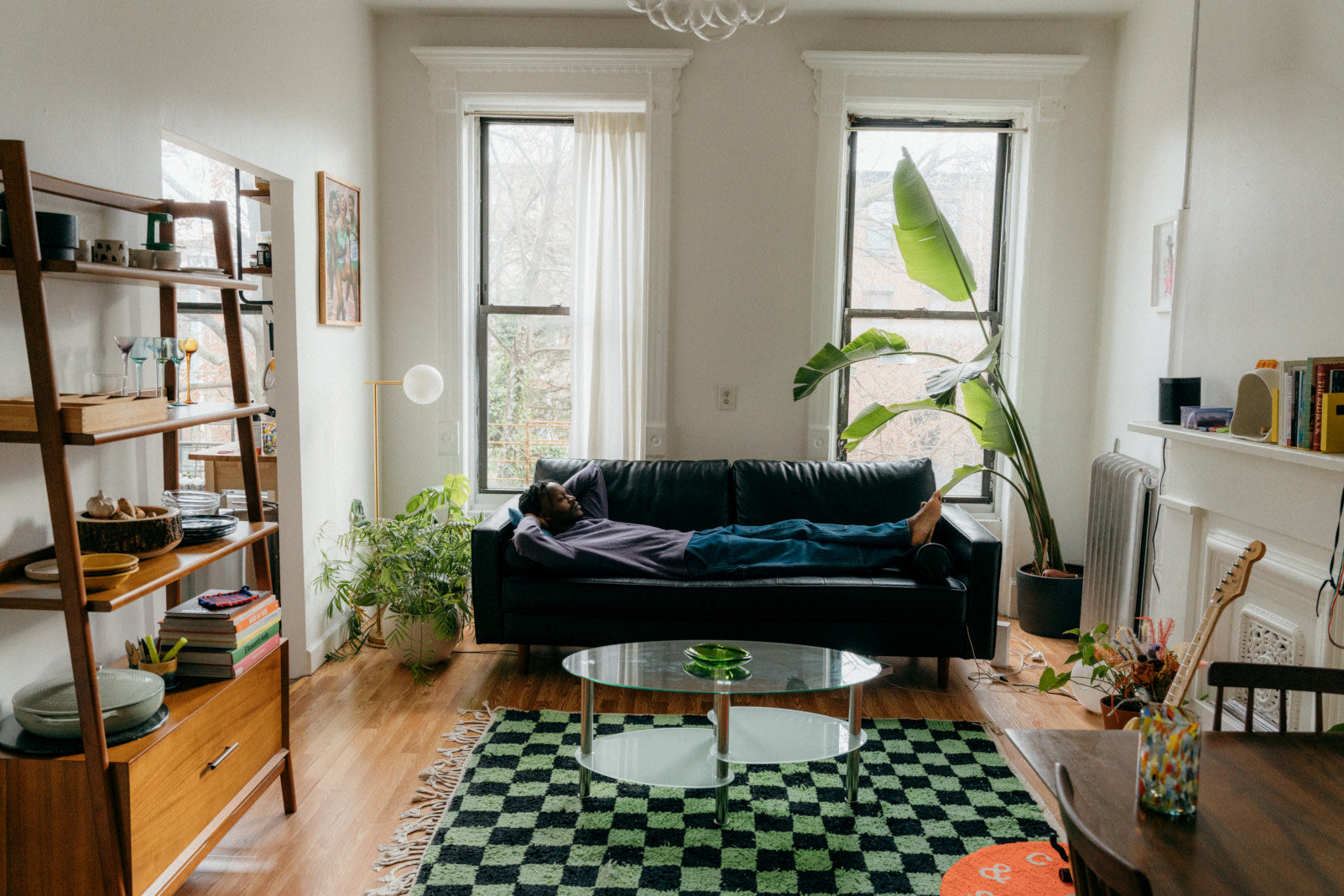
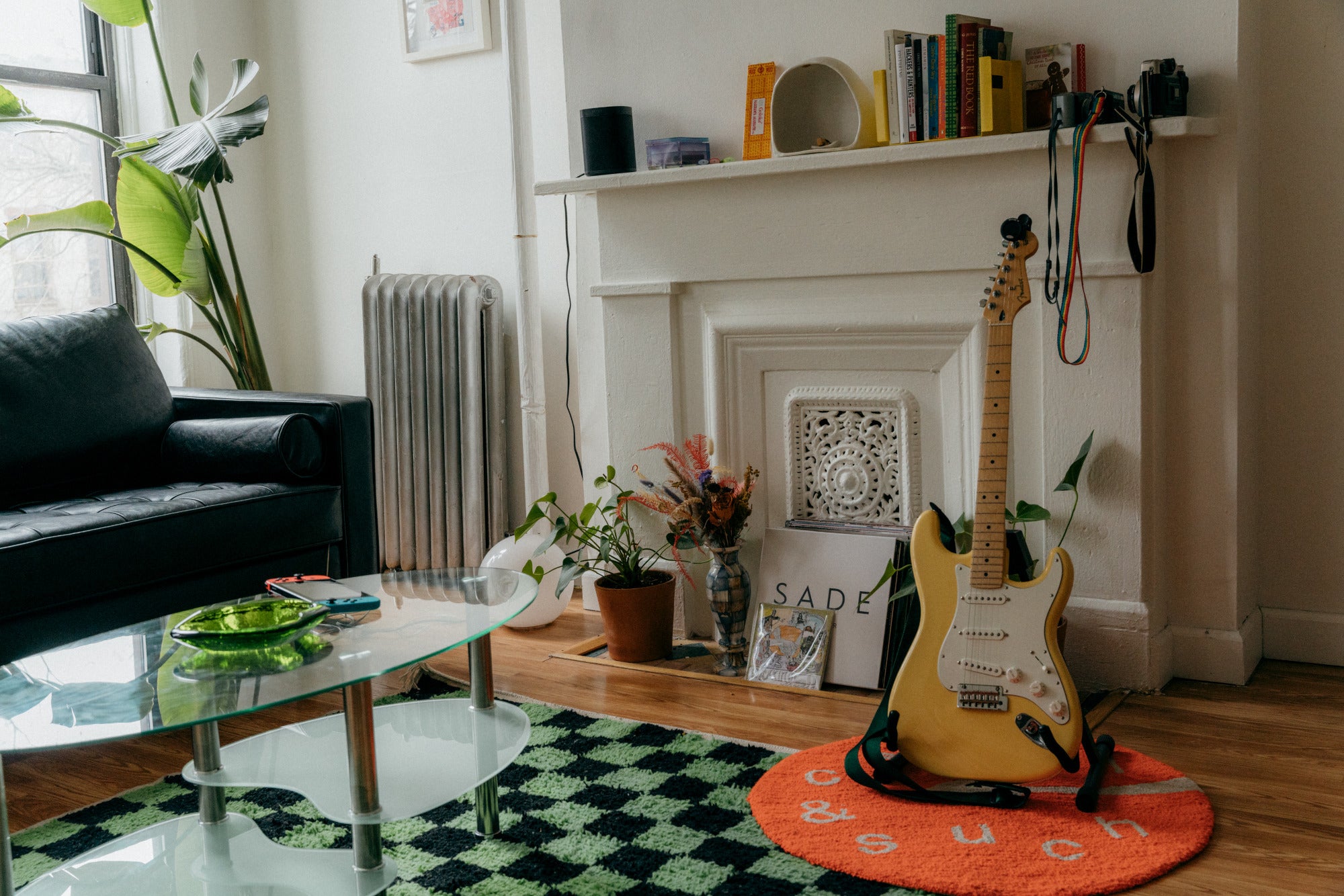
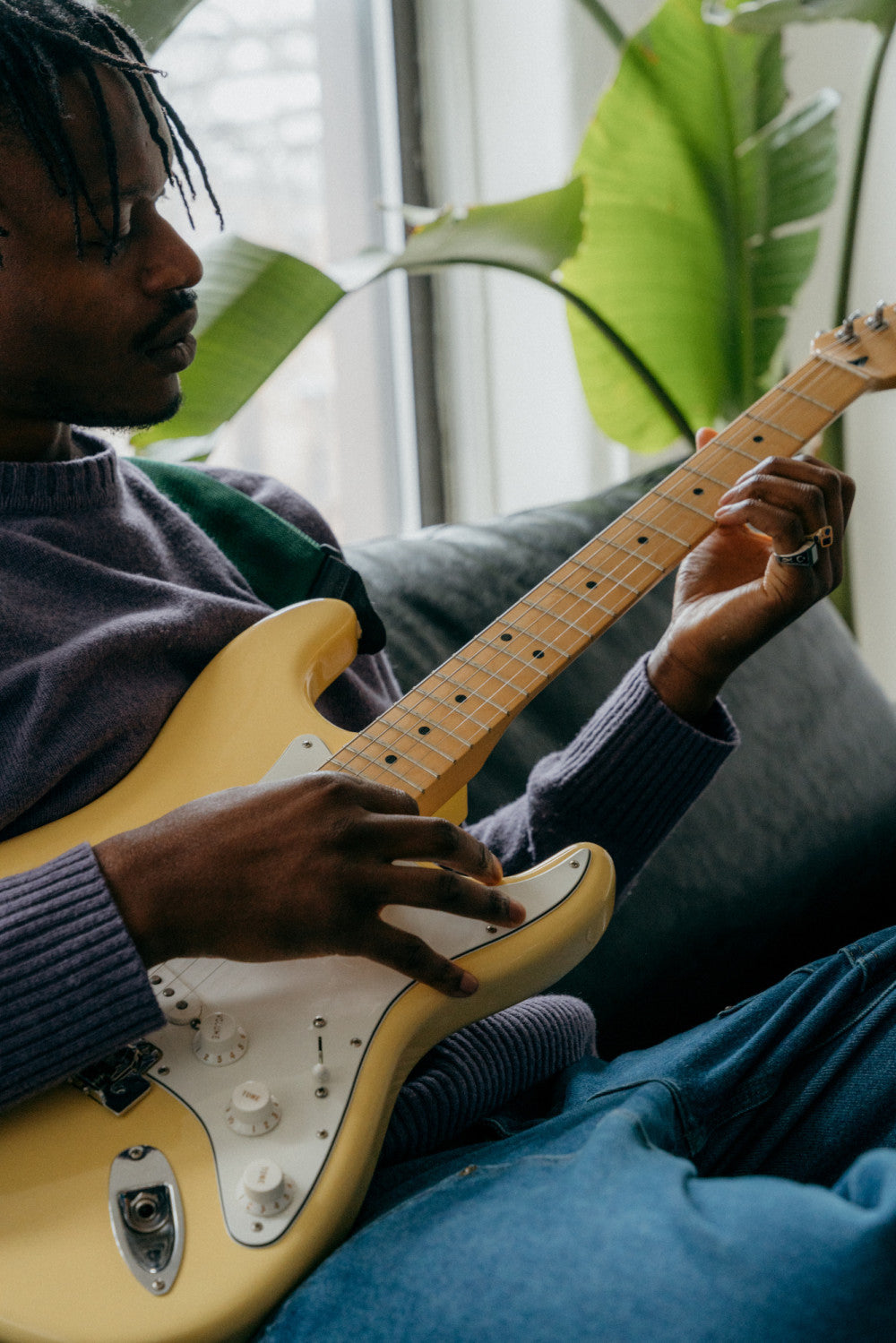
If there's COVID, if the world explodes, if anything happens, it doesn't matter, because we still have to walk.
